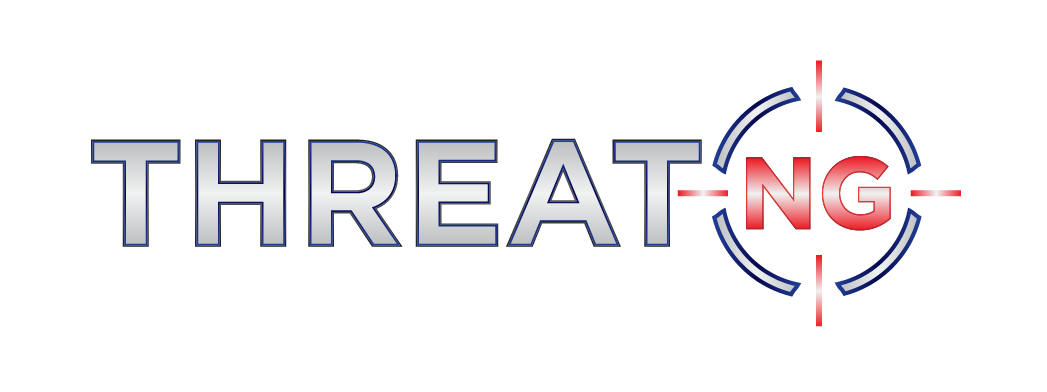Scribd
Scribd is a document-sharing platform that allows users to upload, read, and share various document formats, including:
Ebooks: Millions of ebooks are available on Scribd, making it a popular destination for readers.
Articles and Reports: Users can upload and share research papers, whitepapers, and other informative documents.
Presentations: Slides and presentations can be uploaded for sharing and collaboration.
Music Scores and Sheet Music: Musicians can share and access sheet music through Scribd.
Associated Risks:
Malware Distribution: Malicious actors might upload documents containing malware disguised as legitimate content (e.g., ebooks, research papers). Downloading and opening such documents can compromise user devices.
Copyright Infringement: Plagiarism and unauthorized sharing of copyrighted material can occur on the platform. Downloaded documents might not be legal copies.
Privacy Concerns: Uploading documents containing personal information carries privacy risks. Users should be cautious about what they share on Scribd.
Phishing Attacks: Malicious actors can use Scribd to host phishing documents. These documents might trick users into revealing sensitive information or clicking on malicious links.
Security Best Practices:
Verify Source: Before downloading any document, be cautious about the uploader's identity and reputation. Look for verified accounts or established publishers.
Preview Instead of Download: Utilize Scribd's preview feature to assess a document's content before downloading. This helps avoid downloading potentially harmful files.
Scan Downloaded Documents: Use antivirus software to scan downloaded documents for malware before opening them on your device.
Beware of Phishing Tactics: Don't click on suspicious links or enter sensitive information within Scribd documents, especially if they seem out of place or request unexpected actions.
Review Privacy Settings: Check the privacy settings on your Scribd account and limit access to your uploaded documents as necessary.
Remember: While Scribd offers a vast library of documents, prioritize security by being cautious about the content you download and the information you share.
ThreatNG and Uncovering Scribd Risks
ThreatNG offers a valuable asset for managing security risks associated with Scribd documents. This functionality lies within its Online Sharing Exposure Investigation Module, configurable through the Policy Manager's Dynamic Entity Management capability. Here's how it aids security and risk management:
Threat Discovery Through Scribd Monitoring:
Dynamic Entity Management: The Policy Manager allows defining the investigation scope using Dynamic Entity Management. It enables ThreatNG to scan for mentions of the organization and expand the search to include third-party vendors, partners, and other entities within the supply chain (nth party).
Scribd Scans: ThreatNG continuously scans publicly available documents on Scribd for matches with these defined entities. It focuses on identifying the presence of the organization or related parties' names, domains, or trademarks within the document titles, descriptions, or user comments, not the document content itself.
Security and Risk Management Benefits:
Early Warning System: ThreatNG provides an early warning system for potential security threats by identifying mentions on Scribd. Leaked credentials, exposed configurations, or even discussions about vulnerabilities within documents can be flagged for investigation before exploitation occurs.
Supply Chain Risk Assessment: ThreatNG extends security assessments beyond the organization itself. Including the supply chain in the scan enables a more comprehensive understanding of potential risks associated with third-party vendors or partners who might be sharing documents on Scribd.
Actionable Threat Intelligence: Discovered Scribd mentions offer valuable threat intelligence. These mentions can trigger further investigation and proactive security measures to mitigate potential risks.
Complementary Solutions and Handoff:
Security Automation and Orchestration (SOAR): ThreatNG can integrate with SOAR platforms. Upon discovering a Scribd mention, ThreatNG can trigger automated workflows within SOAR to initiate investigations, notify security teams, or isolate potentially compromised systems based on the context of the mention.
Incident Response (IR) Tools: ThreatNG can pass Scribd mentions to IR tools. It can involve enriching existing incidents with the context of the Scribd discovery, helping IR teams prioritize and respond effectively.
Example:
ThreatNG's Online Sharing Exposure Investigation Module identifies a Scribd document with the organization's name in the title.
The document title is "[Organization Name] Confidential Information".
This discovery raises a red flag, as it could indicate a data breach or an employee accidentally uploading sensitive information.
ThreatNG triggers an alert in SOAR, which initiates an automated workflow.
The workflow notifies the security team and initiates an investigation to determine the source of the document and its content.
The IR team is also notified, and they can use the information to assess the potential impact and take appropriate actions.
By leveraging ThreatNG's focus on mentions without content analysis, organizations gain a valuable solution for proactive security management. They can identify potential risks associated with documents shared on Scribd and trigger actions to ensure the security of the organization's data and the overall security posture.

